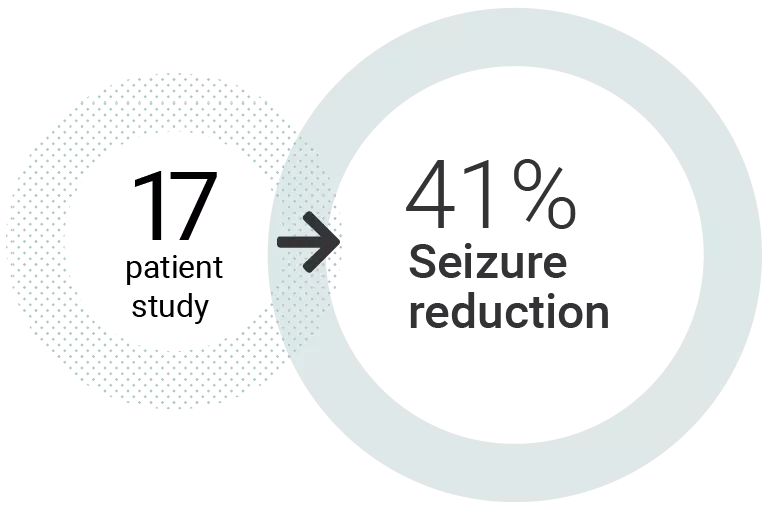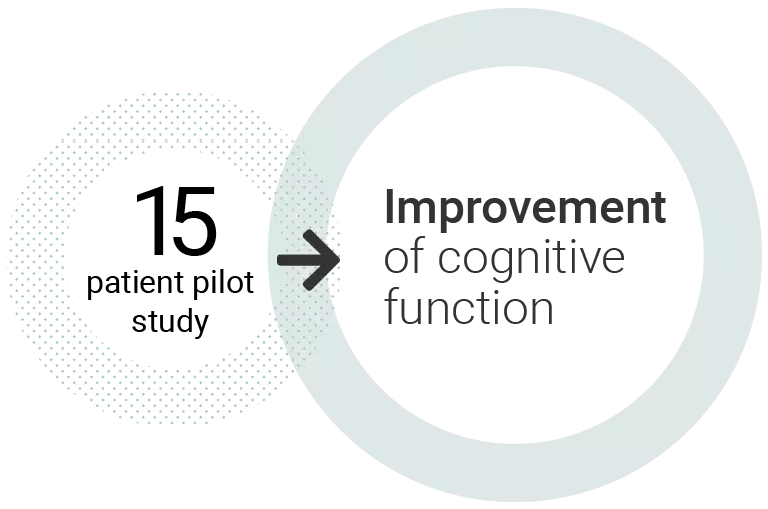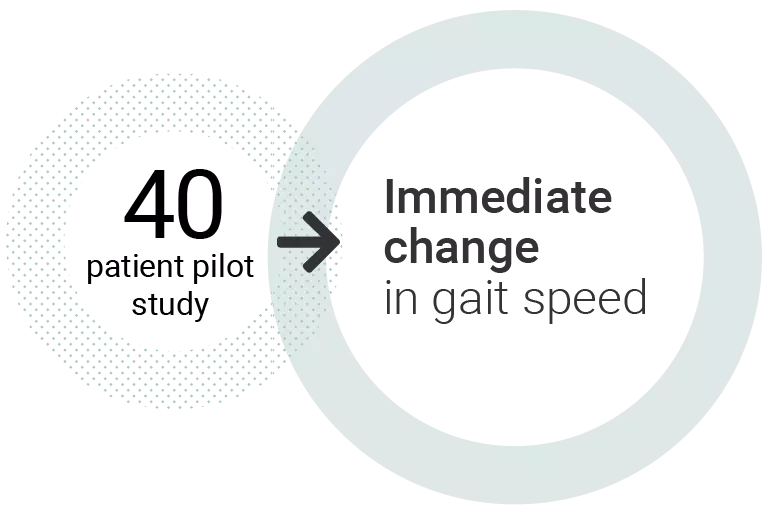Research Fields
Research Fields
Research Program
Although many Neuroelectrics® customers use our devices for either basic neuroscience or clinical research, some are using them as part of clinical studies to bring to market a therapy for patients. This includes several programs sponsored by Neuroelectrics, mostly at Harvard Medical School affiliated clinical sites, in the areas of epilepsy and dementia. We also supply equipment and expertise to other institutions conducting their own clinical trials in depression, neuropathic pain, and obesity. Neuroelectrics® is widely supportive of these efforts to bring new therapies to patients in need.
The company is sponsoring several clinical programs, most being conducted at Harvard Medical School-affiliated clinical sites:
Epilepsy

Treatment of Drug-Resistant Epilepsy:
One in three patients with epilepsy do not have their seizures controlled by medications and today their only treatment options require brain surgery. We have completed a 17-patient study under an open FDA IDE demonstrating median seizure reduction of 41% in these patients, and expect to start a pivotal study for approval in 2019-Q4.
Elderly Falls

Although many Neuroelectrics® customers use our devices for either basic neuroscience or clinical research, some are using them as part of clinical studies to bring to market a therapy for patients. This includes several programs sponsored by Neuroelectrics, mostly at Harvard Medical School affiliated clinical sites, in the areas of epilepsy and dementia. We also supply equipment and expertise to other institutions conducting their own clinical trials in depression, neuropathic pain, and obesity. Neuroelectrics® is widely supportive of these efforts to bring new therapies to patients in need.
Treatment of Older Adults at risk of falling:
In older adults, falls are costly and consequential, and commonly occur when walking. Many activities of daily living require us to walk while performing cognitive tasks like talking, reading signs, or remembering a grocery list. Patients diagnosed with dementia are more likely to suffer from a debilitating fall, with direct and downstream medical care costs of $34 billion for the population in US. A 40-patient pilot study demonstrated we could meaningfully improve gait and balance in healthy elders at risk of falling.
Alzheimer

Treatment of Older Adults with Alzheimer’s Disease:
The last drug for treating the symptoms of Alzheimer’s was approved in the US in 1996. We conducted a 15-patient pilot study with a novel neurostimulation technique that improved patients’ cognitive function. Other studies are planned.
| Disorders | AIM / metric | Center |
|---|---|---|
| Epilepsy | Reduce Seizure Rate In Cortical Focal Epilepsy | Boston Children’s Hospital, MA, US |
| Alzheimer’s disease | Reduction of plaque and improved cognition in Alzheimer’s patients | BIDMC, Harvard Medical School |
| Pain – Chronic neuropathic pain refractory to medication | Improve pain scores via treatment at home (Telerehabilitation with tDCS at home) | Lyon Neuroscience Research Center, INSERM, |
| Depression | Improve Hamilton Rating Scale For | University of East London |
| Cognition And Aging | Improve Dual Tasking Mobility And Cognition In Older Adults At Risk Of Falling |
Institute for Aging Research, Boston
|
| Neuropsychiatric Disorders – Obesity | Improve Impulsivity, Reduced Caloric Intake, EEG Changes |
